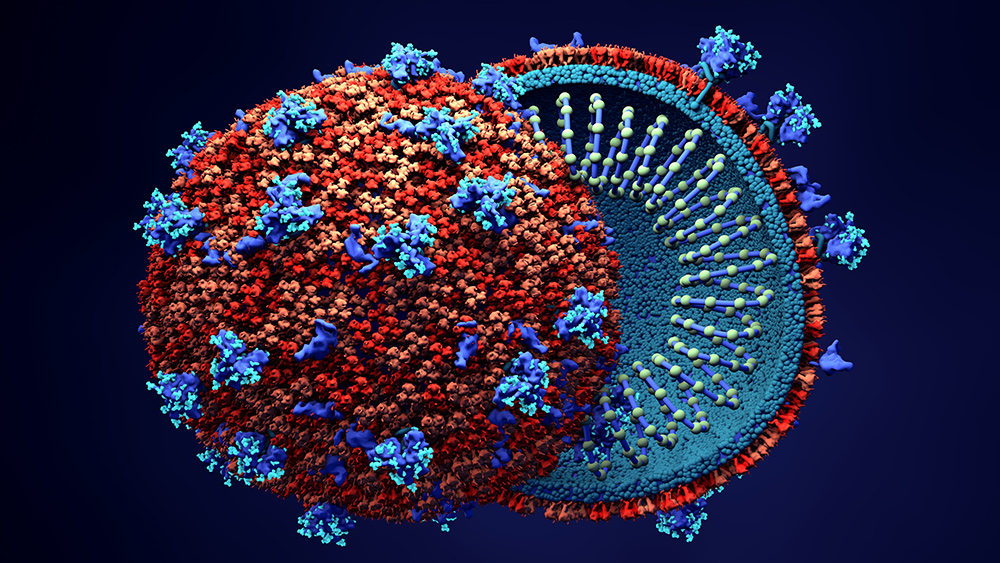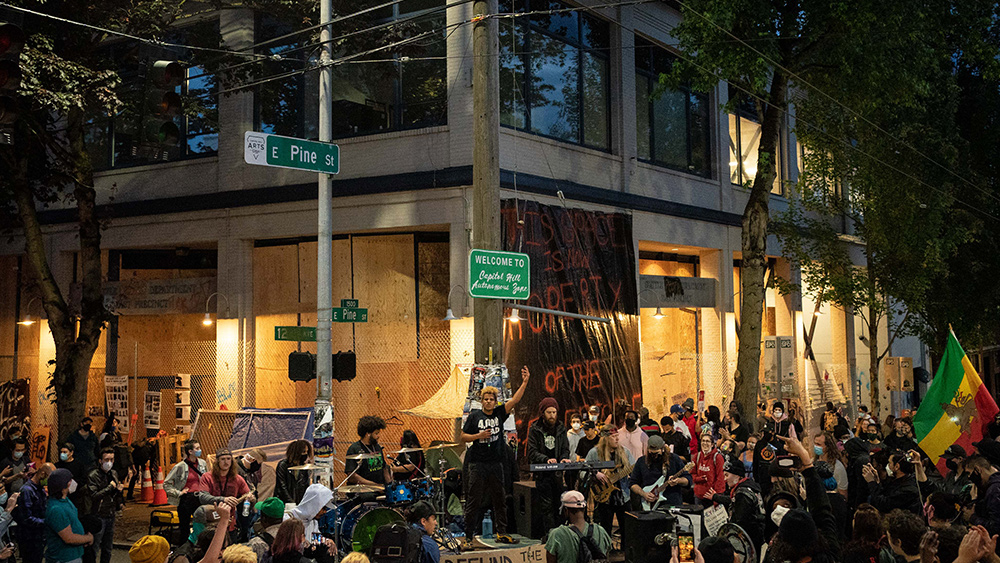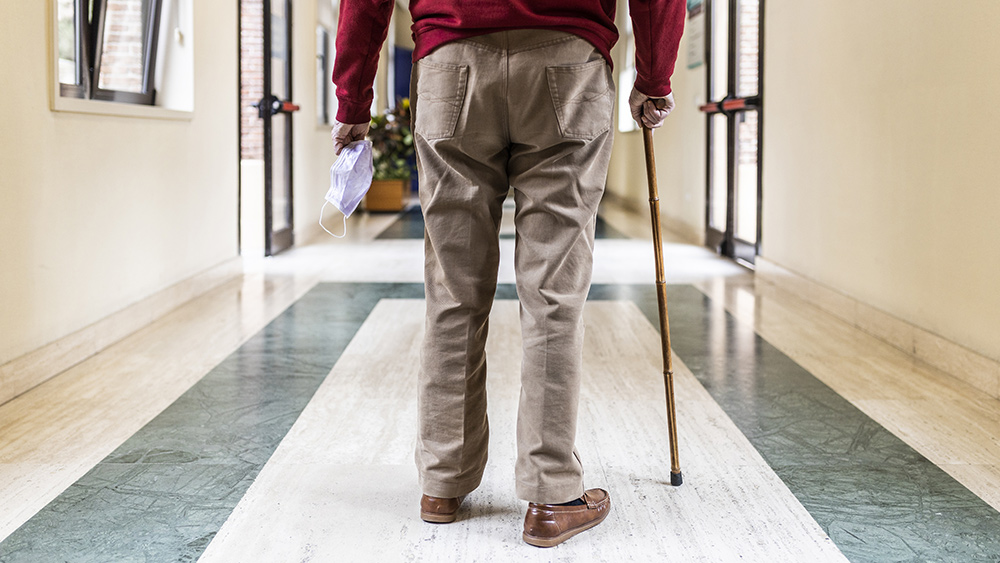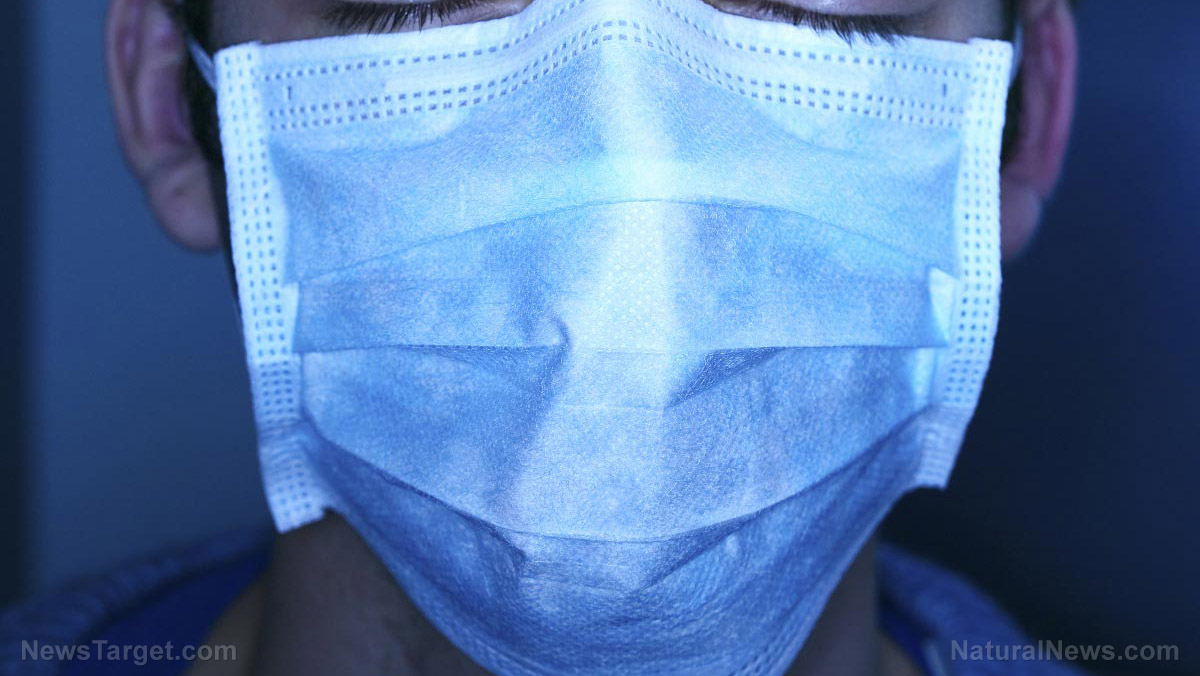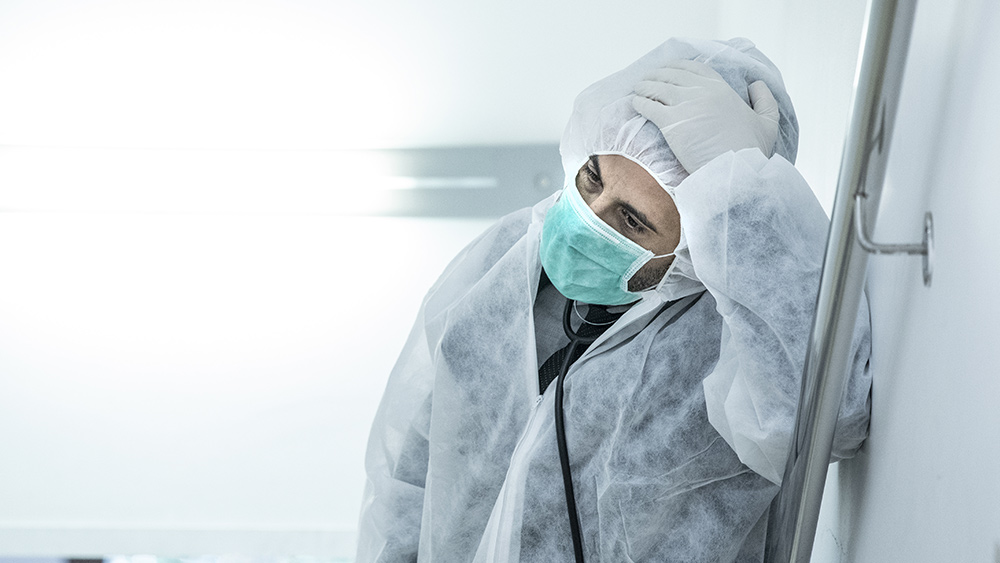Cleaning agents used to sanitize offices and kill coronavirus may be harmful to humans, warn experts
06/21/2020 / By Zoey Sky
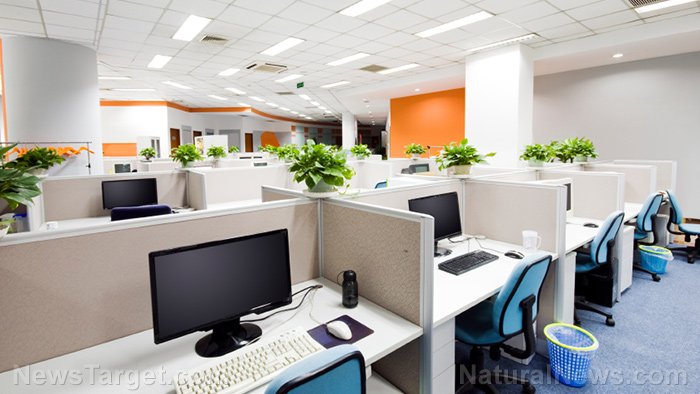
Businesses throughout the country are eager to resume regular operations after the Wuhan coronavirus (COVID-19) pandemic forced employees to find alternative ways to report to work earlier this year. While others telecommuted, employees required to be on the premises were allowed to have shifting schedules.
But despite these safety measures, health experts are worried about employees being exposed to various products used to disinfect their offices since the EPA-approved (Environmental Protection Agency) list of cleaning agents for COVID-19 includes several that have yet to be proven safe for humans.
Could coronavirus safety measures be harmful to employees?
Companies mean well, but health and environmental safety experts have expressed their concern for returning workers and consumers who may be exposed to chemicals, most of which are untested for human health.
Prioritizing workplace sanitation is crucial to preventing the further spread of coronavirus and these measures are twofold: Business-owners want to follow the Centers for Disease Control & Prevention (CDC) guidelines, and at the same time, it helps protect workers.
Rich Feczko, national director of systems, standards and innovation at Crothall Healthcare, a company that cleans hundreds of hospitals, explained that before the coronavirus pandemic, staff usually “freshened” lobbies every three hours. Restrooms were sanitized every four hours and other areas were cleaned at night.
But after the pandemic, workers have had to quicken the pace. Now, public places like lobbies and elevators are disinfected by workers at least six to eight times daily and restrooms are cleaned every two hours.
Claudia Miller, an immunologist, allergist and co-author of the book “Chemical Exposures: Low Levels and High Stakes,” warned that this could spell trouble for workers returning to their offices. Because cleaners often use very toxic chemicals, employees could also be in danger.
Reconsidering the use of some cleaning agents
Cleaning companies often choose disinfectants from hundreds on List N, the EPA’s month-old list of products that can kill coronavirus.
Lesliam Quirós-Alcalá, an exposure scientist and assistant professor at Johns Hopkins Bloomberg School of Public Health, said that while chemicals have been tested and are proven effective against the pathogen, this doesn’t guarantee that they are also safe for humans.
Animal studies have shown that certain chemicals are linked to negative side effects, such as:
- Increasing the risk of neurological and dermatological problems.
- Increasing the risk of respiratory ailments such as asthma.
- Reproductive toxicity.
Environmental health experts also warn that risks are rising with the increase in exposure to these chemicals.
To avoid potential health problems, experts suggest using safer methods of killing off the virus. For example, Quirós-Alcalá suggests using 70 percent rubbing alcohol to clean an elevator instead of disinfectants with potentially harmful chemicals.
The CDC has approved the use of rubbing alcohol against coronavirus.
Harsh disinfectants pose a risk to employees
Ian Cull, president of Indoor Sciences, an environmental consultancy, said that the risks of aerosolizing a lot of the disinfectants on List N have yet to be studied. He added that there are only a handful of disinfectants on the list that have been approved for aerosolizing, misting or fogging.
The EPA is currently conducting studies to determine if sprayers and foggers help fight coronavirus. Cull cautioned that enclosed areas with poor ventilation, such as high-rises that recirculate air, also increase exposure to cleaning agents.
Miller noted that disinfectants are an “immediate risk” to some workers. In at least 10 percent of people, such as those with asthma; those with allergies, immune disorders or weak immune systems and migraine sufferers may experience the following symptoms when exposed to disinfectants:
- Headaches
- Irritability
- Memory loss
- Mood swings
- Nausea
- Seizures
- Trouble concentrating
- Vomiting
Prolonged exposure to these chemicals can also cause neuro-immune sensitization and intolerance to common chemicals, foods and drugs.
Using new tech to fight the pandemic
Merrick Group, an industrial cleaning company in Pennsylvania, now offers its services to businesses, hospitals and schools.
The company uses a proprietary process that releases a combination of isopropyl alcohol and quaternary ammonium onto surfaces via a CO2 gun. The chemical, which doesn’t need to wiped, dries within a minute.
According to the EPA, the chemical is safe for some food grade and hospital surfaces.
But the healthcare sector is being more cautious. Geoff Price, the co-founder of Oak Street Health, a company of primary care centers for adults that treat 85,000 patients in 56 clinics, said that the company is maintaining a science-based approach.
Price said that existing technologies are effective, but only if they’re applied correctly. At Oak Street, patient transport vans are cleaned with wipes.
Companies have also resorted to other alternatives to chemical solutions, like ultraviolet light.
At Breckenridge Grand Vacations, a company that owns 800 rooms in five resorts in Breckenridge, Colorado, 50 Puro UV disinfection lights are used to kill pathogens within 15 to 30 minutes of exposure. (Related: New York City’s coronavirus disinfection program: Subway trains to be blasted with ultraviolet-C rays every night to kill the virus.)
The Puro UV disinfection lights are only used in empty rooms. Prior to the pandemic, the lights have been used mainly in hospitals. However, experts have yet to confirm if the disinfection lights are also effective in larger spaces.
For now, commercial landlords who can’t wait for scientifically proven methods to fight coronavirus may resort to cheaper methods, even if they may prove harmful in the long run.
How can businesses protect employees returning to work post-pandemic?
At the height of the pandemic, most companies in America and around the world have allowed employees to telecommute.
However, if employees are required to show up at the office, employers can offer shifting schedules that allow employees to work beyond the typical workday. Doing so can result in staggered commute time, with fewer people in a public space.
Offering shifting schedules can even limit exposure to the coronavirus and other illnesses.
By prioritizing health and safety, businesses can help ensure that the workplace remains safe and employees don’t force themselves to report to work while sick.
Sources include:
Tagged Under: air filters, chemicals, China, cleaning agents, coronavirus, disinfection, environ, exposure, indoor air, infections, offices, outbreak, pandemic, prevention, products, protective measures, Public Health, sanitation, superbugs, toxic chemicals, toxins, viral infection, virus, virus transmission


